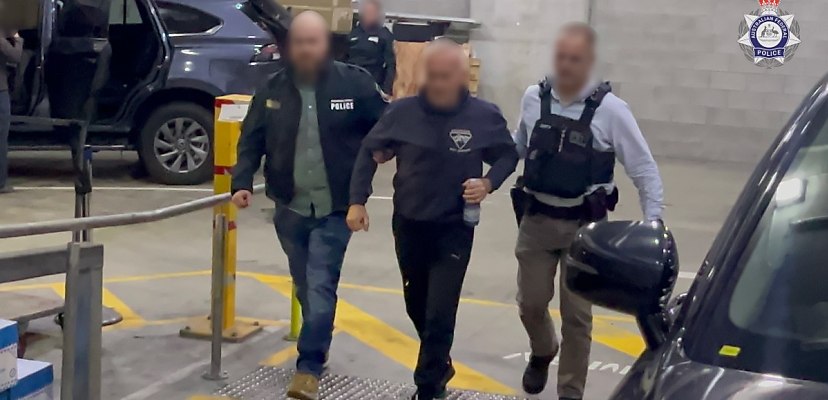Share this article on:
Powered by MOMENTUMMEDIA
Breaking news and updates daily.
A 40-year-old army private and her 60-year-old husband have been arrested at their Brisbane home after an alleged plot to share Defence Force material with Russian authorities.

The Australian Federal Police (AFP) arrested and charged a Brisbane couple following an alleged attempt to share Australian Defence Force (ADF) secrets with authorities in Russia.
The pair – a 40-year-old army private Kira Korolev of the ADF and her 62-year-old husband Igor Korolev, a labourer – were each charged with one count of preparing for an espionage offence and will appear before a Brisbane court today (12 July).
This marks the first time charges have been laid under espionage-related laws that came into effect in 2018.
“The counter-foreign interference taskforce, which includes AFP, ASIO and other Commonwealth partners, has dedicated significant resources and capability to Operation Bergazada,” AFP Commissioner Reece Kershaw said at a press conference this morning on 12 July.
“The AFP will allege the individuals worked together to access Australian Defence Force material that related to Australia’s national security interests.
“We allege the woman was undertaking non-declared travel to Russia whilst she was on long-term leave from the Australian Defence Force. We allege that whilst she was in Russia, she instructed her husband, who remained in Australia, on how to log into her official work account from their Brisbane home.
“We allege her husband would access requested material and would send it to his wife in Russia. We allege they sought that information with the intention of providing it to Russian authorities. Whether that information was handed over remains a key focus of our investigation.”
Commissioner Kershaw did say, however, that he believed the “alleged criminality has been disrupted”.
The Director-General of the Australian Security Intelligence Organisation (ASIO), Mike Burgess, also at the press conference, said the woman had been an “information systems technician” with the ADF for “several years”. When asked about the ADF’s vetting process, Burgess said the process only goes so far.
“I respectfully suggest that vetting is not a solution that stops problems because it depends on what you say – if you meet the requirements to get a security clearance, you will get one, but that doesn’t mean to say the security journey stops at this point,” Burgess said. “In this case, because of Defence and security awareness, ASIO and the taskforce and the AFP were able to intervene and control this operation.”
Burgess said that investigations into the matter are ongoing but did confirm the pair possessed Russian passports.
In a separate statement, Burgess said: “Espionage is real. Multiple countries are seeking to steal Australia’s secrets.”
“Espionage is not some quaint Cold War notion. Espionage damages our economy and degrades our strategic advantage. It can have catastrophic real-world consequences.
“ASIO takes its responsibility as Australia’s spy catcher extremely seriously. If you are spying in this country, we are looking for you; if you are being spied on in this country, we are looking out for you.”
If found guilty, the pair could face up to 15 years in prison. Burgess added that the sentence could be “upgraded to 25 years to life, depending on what we further discover”.
UPDATED 12/07/2024 to add the names of the accused.

David Hollingworth has been writing about technology for over 20 years, and has worked for a range of print and online titles in his career. He is enjoying getting to grips with cyber security, especially when it lets him talk about Lego.
Be the first to hear the latest developments in the cyber industry.